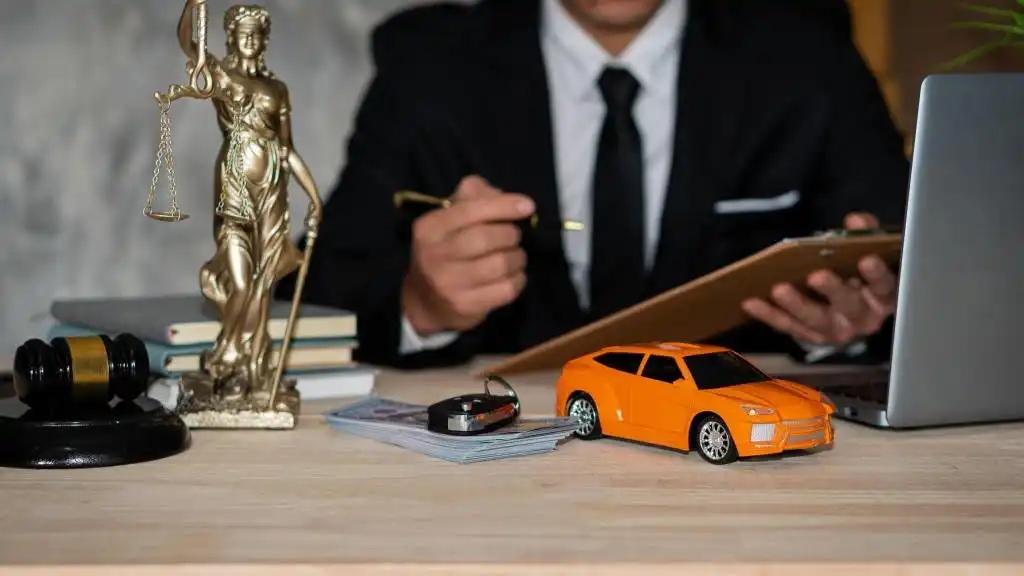Unfortunately, automobile accidents are a common occurrence. They can be relatively mild fender-benders or tragic events that result in injury, death, and extensive legal action. Drivers should be prepared for what to do before and after a roadway incident.
Things to do Before an Accident.
- Always keep your vehicle’s insurance card or policy details in the glove compartment. If you do not have up-to-date insurance documentation on hand, you risk receiving a citation. Ensuring that your coverage is valid and accessible can help streamline the resolution process.
- Consider keeping a notepad and pen in your vehicle at all times. This can be useful for recording crucial details if a roadway issue arises. Additionally, carrying a disposable camera or ensuring that your phone’s camera is functional allows you to document the scene accurately.
- Another proactive step is to familiarize yourself with your insurance policy and its coverage limitations. Understanding your deductibles, rental reimbursement policies, and claim filing procedures can prevent unnecessary stress when handling an unexpected event.
Things to do Immediately After an Accident
- Never leave the site of a roadway incident, regardless of the severity. Leaving could result in legal repercussions, including penalties for being classified as a hit-and-run driver.
- Call emergency services immediately and check for injuries. If anyone is injured, offer assistance without moving them unless it is necessary to prevent further harm. If the mishap occurs in a high-traffic area, activate your hazard lights and use reflective triangles or flares to alert other drivers
- Avoid admitting fault when discussing the situation with other drivers or witnesses. Even casual apologies can be misinterpreted as an admission of responsibility. Let law enforcement and insurance companies assess the circumstances before making any statements.
Making a Record.
It is crucial to compile a detailed report of the scene to support your insurance claim or any legal proceedings.
- Collect the basic information of other drivers involved in the crash, including their full names, their insurers, and their license plate numbers. Also write down information about their vehicles, including make, model, and year, and the damage done to them.
- Talk to any witnesses who may have seen this. Collect their full names and contact information.
- Talk to police and medical personnel on the scene. Get the full name and badge number of the police officer in charge of the scene. Get the report number of the police report and, if possible, a copy of the report.
- If you have a camera on hand, take pictures of the scene, making sure to get clear shots of the damage done to the vehicles and wide shots of the accident from different angles. If you don’t have a camera, sketching the positions of the vehicles can be helpful later in the process.
- Write a detailed account of what happened, including weather conditions, time of day, and other factors related to the incident. Recording these details promptly prevents forgetting crucial information.
Dealing with Insurance Companies.
As soon as possible, preferably the same day, inform your insurer about the event.
- Be honest and upfront with your insurance company about the accident. If you hide things from them, they may deny coverage.
- Only discuss the event with your insurance company, lawyer, or law enforcement. Be cautious of early settlement offers from other insurers, and report any external communications to your legal counsel or insurer.
- Obtain a valuation of damages to your vehicle from your insurance company. If you are not satisfied with the valuation, do not be afraid to get a second opinion from another firm. Communicate any differing estimates to your adjuster.
- Note any doctors, physical therapists, and other medical professionals from whom you receive treatment. Share the itemized list with your insurer and lawyer.
Final Thoughts
Preparation and awareness are key to handling unexpected roadway accident incidents efficiently. By staying informed, keeping records, and following proper procedures, drivers can minimize stress, expedite claims, and ensure fair resolutions. Whether dealing with minor vehicle damage or more serious consequences, taking the right steps immediately can make a significant difference in the outcome.

